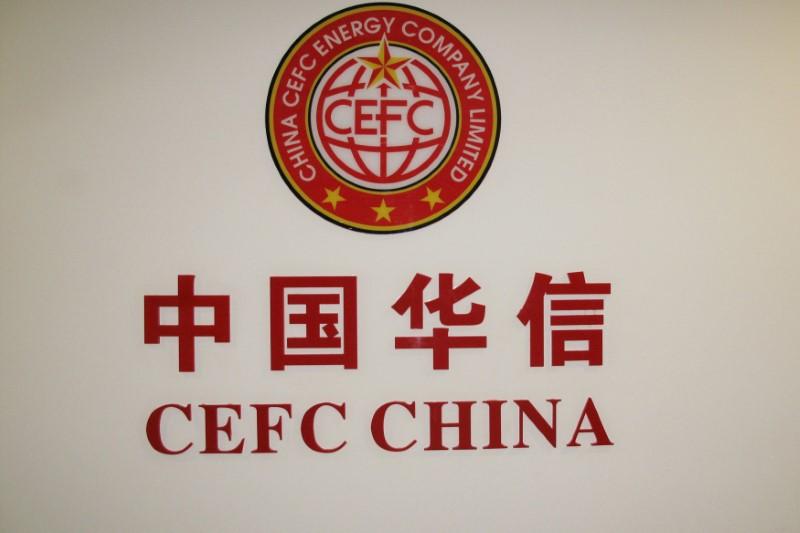When news emerged that the founder and former chairman of China’s largest privately-held energy company, CEFC China Energy, was being investigated by Chinese authorities, many began to speculate about what crimes had led to his downfall.
Newly released evidence from a court case in New York City has revealed some details.





